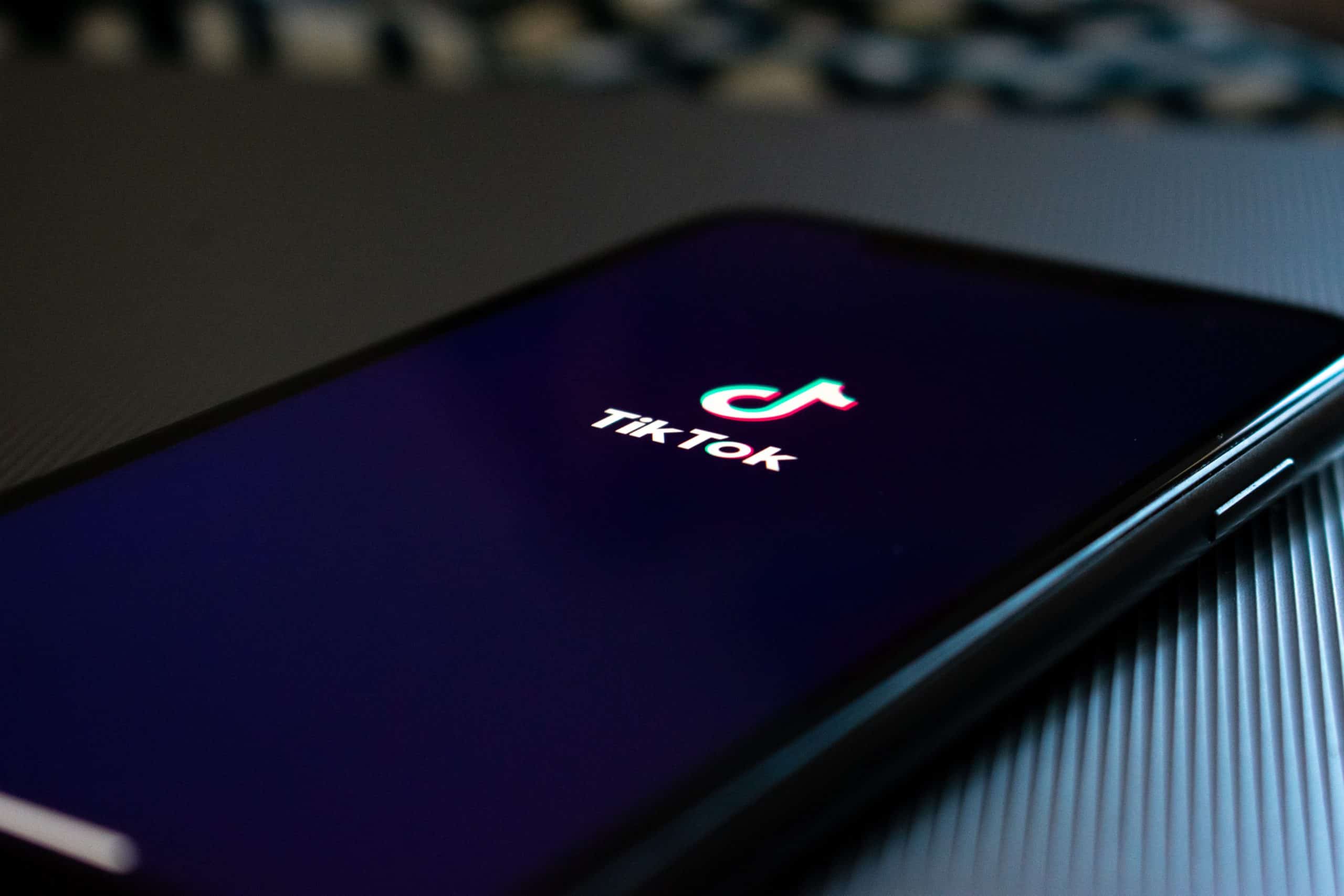Ever heard of TikTok’s “Focused View”? With this new feature launched in October 2022, TikTok claims it can track your emotions to sell ads. We have our doubts if that’s even possible – but it certainly is invading your privacy to drive profits.
Here is why, and what it means for users in Europe.
TikTok is launching yet another privacy nightmare feature
You thought that the pseudoscience of emotion tracking was just an episode of Black Mirror? You were wrong. TikTok might be exploiting your information as part of a new feature for its advertisers. In Europe alone, this would affect 200 million people, the majority of whom are minors or teenagers. TikTok, which is already under scrutiny for several privacy violations, does not appear to have learned its lesson.
With the new Focused View update, TikTok is promising brands that they will maximise their ads profits on the platform. How so? TikTok says it will ensure that ads are placed in front of users who are “truly paying attention” and that brands will only pay for ads if a user has “voluntarily” watched it for at least six seconds, or has interacted with it within the first six seconds.
When describing what “truly paying attention” means, TikTok refers to two words: being “emotionally” and “tangibly” engaged. But how is TikTok able to draw these conclusions? Unless it’s doing something very creepy, like accessing the camera on your phone to do eye tracking or head-pose estimation, how can TikTok verify that you are “voluntarily” watching an ad for six seconds? And, even if Tiktok could determine that you had watched the ad for six seconds, how could they tell the difference between you actually being engaged versus you getting really annoyed at the ad or even upset by it?
Emotions for profit
With this pay-if-they-engage feature, TikTok is making bold claims that are either dubious and unscientific or selling an invasion of privacy – or both. In claiming that ads will be delivered to “emotionally” and “tangibly” engaged users, TikTok is suggesting it could read people’s emotions. However, it fails to provide details on how the feature would actually work. To date the only technologies that purport to gather such precise, highly sensitive data are what are called “emotion recognition” technologies.
Experts have repeatedly criticized “emotion recognition” as unverified pseudo-science that, even if it were possible, would result in highly intrusive forms of surveillance. Yet, TikTok has commissioned various projects on emotion recognition, even delving into contentious neurotechnology / neuromarketing approaches. For instance, TikTok conducted a study in partnership with MediaScience which creepily resembles what Focused View claims to be able to do. To conduct the research, TikTok used eye tracking, heart-rate monitoring, and other approaches to derive cognitive attention metrics to measure how advertising affects consumers on both a “stated” and “subconscious” level. They found that when people view ads for six seconds, it gives strong results indicating “psychological engagement” that purportedly generates a “positive brand sentiment”. However, there are serious questions about the scientific validity of this kind of technology, and the necessity of collecting extremely invasive data just to deliver ads.
How is TikTok’s Focused View threatening your privacy?
Even if we give TikTok’s Focused View the benefit of the doubt regarding its capacity for emotion recognition, the data practices deployed to make the feature work would be a true privacy nightmare.
The mere gathering of information about your level of attention, your emotional state, or simply how long you pay attention to an ad represents highly invasive tracking and intrusion into your private mental state. Emotions are an intimate part of our being. They are directly linked with our personal autonomy and dignity, and are protected from interference by the rights to privacy and freedom of thought.
It’s not the first time TikTok has ignored people’s privacy rights in Europe
TikTok is already under scrutiny for violating privacy in Europe. For instance:
- The platform tried to limit people’s ability to say no to targeted ads in Europe. The company had to pause these plans after data regulators intervened following a request from Access Now.
- Tiktok’s disproportionate use of childrens’ data has also made headlines and is being investigated. In the Netherlands, three Dutch-based organisations launched a collective action accusing TikTok of infringing the privacy of minors.
- The French data protection authority fined TikTok eight million euros for privacy violations linked to tracking.
- EU authorities have launched multiple investigations to examine TikTok’s alleged transfer of data with China and the risk it poses to people’s privacy.
TikTok, when will you finally learn?
Digital rights are human rights. It is time that TikTok and all social media platforms start respecting those rights and comply with their obligations under EU law.
TikTok talks about a new era of entertainment captivating people’s undivided attention and many other tech companies seem to follow this attention-at-all-costs business model. This trend is having detrimental impacts on people and their human rights. Yet, TikTok appears to be ignoring the human rights impact of features like Focused View. So we are asking them for an explanation.
Technologies that claim to infer our emotions only further undermine our individual agency. Focused View is the perfect example of the dangerous trend across social media platforms of putting people’s basic rights at risk, claiming they are making businesses more efficient and profitable while they exacerbate and normalise rights violations.
TikTok would not exist without its users, but we are limited in what we can change on the platform. It’s up to regulators and lawmakers to stop companies from violating our rights for profit. That is why we hope to see the EU seize the opportunity to ban emotion recognition and other rights-violating uses of AI technology in the AI Act — instead of allowing companies like TikTok to dictate our digital future.
